My Philosophy of Education
Being a musician makes me an educator. Stewardship of such a complex, dare I say sacred craft is not developed alone. For me to get to where I am today has been the work of a village, not only of my life-teachers in family, friends, and community, but also of a large and diverse group of music educators, mentors, role-models, and peers. Truly, on a scale larger still, the world has been my teacher. And in my book that gift comes with the responsibility to pay it forward.
Art and education have a lot in common. Paolo Friere argued that the acts of teaching and learning, both of which should be performed by both student and teacher in every educational setting, involve a creation of reality. An unveiling of truths relevant to the experience of those who are participating. Are art and music not the same? Particularly in my performance practice, each performance must meet the needs of its specific audience, time, and place. We create a fresh reality every night; discover what is true for us in that room, with the skills we have and the songs we know. In composing and producing it is much the same, only that the conversation is more internal, and the process, rather than being a more or less agreed upon journey undertaken in a single evening, is often one of solitary actualization that happens before the product interacts with its audience. This basement work of nerds being a parallel to the hidden curriculum, if you will.
As in creative work, education is about balances. If we devote our lives, say, to Dewey’s concept of growth leading to growth, we neglect care, reflection, and the actualization that ultimately leads to wisdom. If we value and search only for beauty, we are blind to radiant transformation, natural change, and renewal. We neglect responsibility. And if we serve only responsibility, we close ourselves to delight. Delight in the world around us; rapt stillness and wonder at the beauty that can exist. Pertinent to educational struggles over the teaching of science and criticism, and free speech in the classroom, another dichotomy: If we see only what our eyes behold, we have no scope for vision. Likewise if we spend our days in dreams, we forget to give thanks for what is already here. I am aligned with Estelle Jorgensen in much of her thinking about the delicate balances and dialectics that must be undertaken, particularly in the world of music education, in order to move away from ingrained habit and limited ways of thinking about teaching music and toward something that better prepares students to engage with, and change for the better, their world.
Education looks for meaning in our cyclical search for fulfillment, for the secrets and answers in the universe. This connects back to Friere’s point that learning and teaching is creating the world over again, every day and in every learning environment.
We seek to name heaven, and to swallow fear. We reach for the higher and more perfect, the sweeter and more aware. Acute pain, saturated joy. And to reach as far, to know as intimately as possible that craving for oneness, is to know, upon returning to Eden, that the garden before us is the one we cultivated all along. Around us and within us, with our joy and our work and our love. Education, to spread butter on the bread of humanity. Alchemy, to spend one’s life becoming God.
“If ever the World should frown on you—he is old—you know—give him a Kiss,
and that will disarm him—if it don’t—tell him from me,
Who has not found the Heaven—below—
Will fail of it above—
For Angels rent the House next to our’s,
Wherever we remove—”
— Emily Dickinson, in a letter ca. 1883
